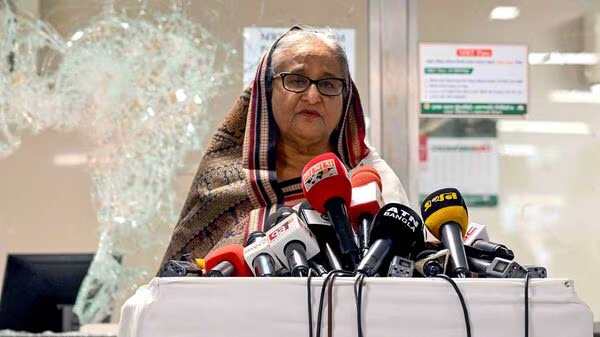Prime Minister Sheikh Hasina’s resignation from her position marks a significant turning point in Bangladesh’s political landscape, driven by escalating public discontent and violent protests. Over the past few weeks, widespread demonstrations erupted, initially sparked by demands for reforms to the civil service job quota system. However, these protests quickly transformed into broader anti-government sentiments, with demonstrators calling for Hasina to step down after 15 years in power.
The situation intensified dramatically over the weekend when clashes between police and protesters resulted in at least 90 deaths and hundreds of injuries. As tensions rose, Hasina reportedly fled Dhaka for a safer location, and her senior advisor acknowledged that her resignation was a “possibility.”
Calls for her resignation have been fueled by allegations of authoritarianism, electoral manipulation, and a lack of political freedom. The United Nations has urged restraint from both the government and security forces, highlighting the urgent need for a peaceful resolution to the crisis. With the military now involved in maintaining order, the future of Bangladesh’s governance remains uncertain, and the implications of Hasina’s resignation could reshape the country’s political dynamics for years to come.

